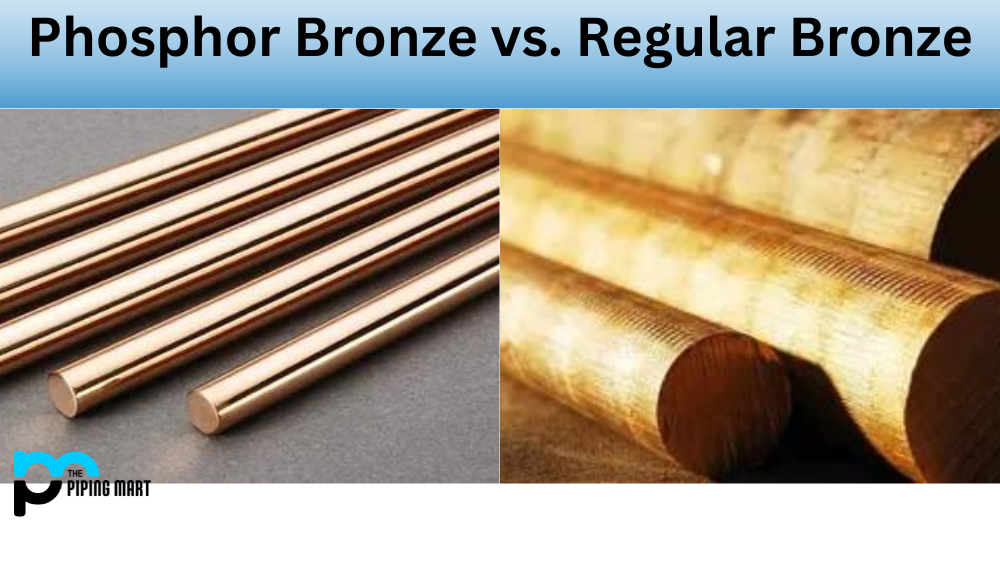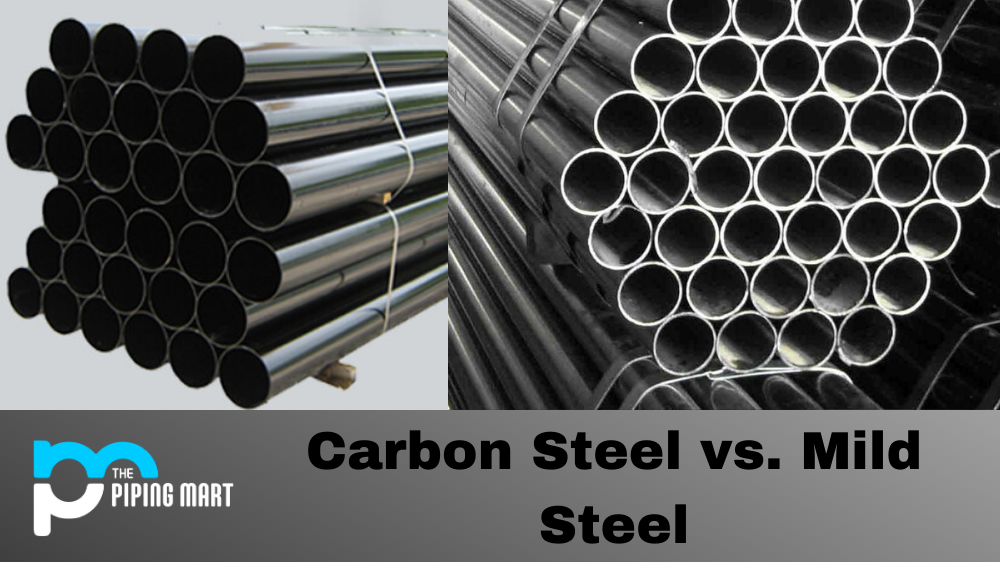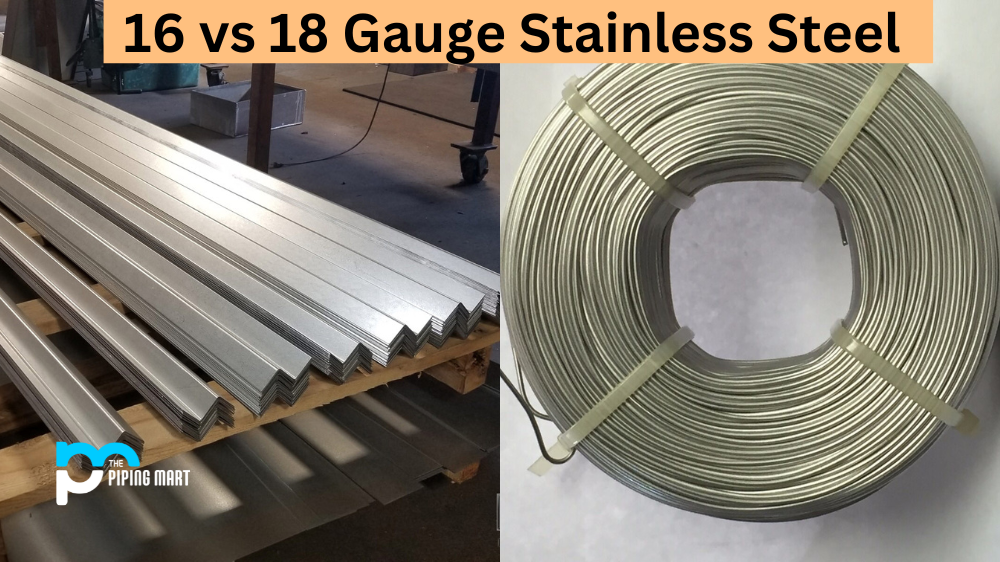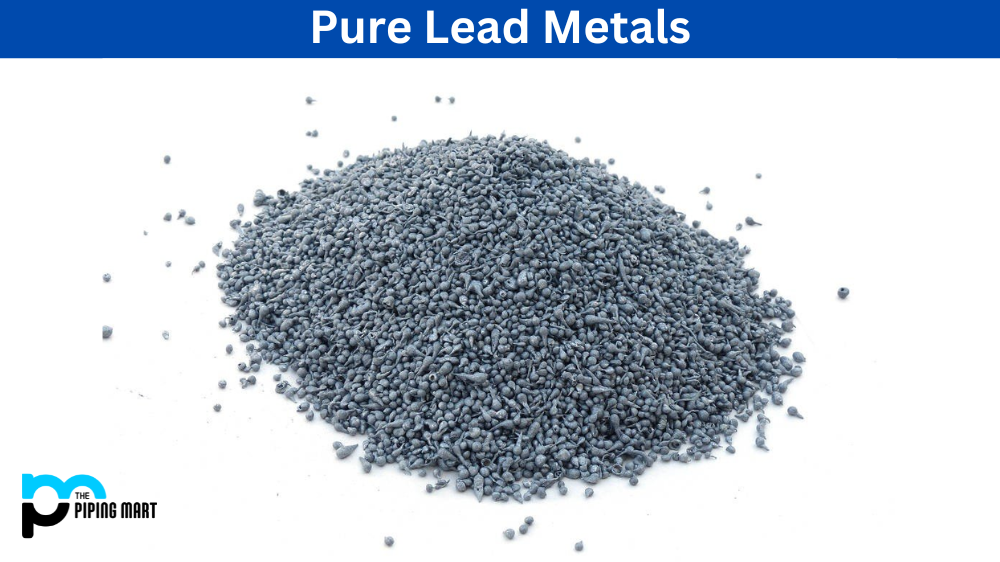Have you ever wondered what the difference is between regular bronze and phosphor bronze? You’re not alone – these two metals are often confused, as they look and feel very similar. In this blog post, we’ll explain the differences between phosphor bronze and regular bronze, so you can decide on which material to use for your next project.
Regular Bronze vs. Phosphor Bronze
The main difference between regular bronze and phosphor bronze is in the composition of each metal. Regular bronze comprises copper and tin, while phosphor bronze consists of copper, tin, and phosphorus. While both types of metal offer great strength and durability, phosphor bronze has an added benefit – it contains phosphorus which helps increase its corrosion resistance. It also has improved electrical conductivity compared to regular bronze, which makes it a popular choice for electrical components like connectors or switches.
Phosphor Bronze also has higher tensile strength than regular bronze, making it more resistant to cracking from stress or fatigue over time. This makes it ideal for applications that require a highly durable material, such as springs or fasteners. On the other hand, regular bronze is better suited for applications that don’t require high levels of strength or wear resistance – such as decorative fixtures or artwork pieces.
Conclusion:
In conclusion, there are many differences between phosphor bronze and regular bronze regarding their composition, strength, durability, and electrical conductivity. Depending on your needs, one type of metal may be more suitable than the other – so make sure to choose wisely! If you need help deciding which metal is best for your application, reach out to a knowledgeable professional who can guide you in making the right decision for your project.
Meet Heer, a dynamic and driven writer learning tricks of her trade in the metal industry. With a background in Digital Marketing, Heer brings a unique perspective to her writing, sharing valuable insights. Apart from blogging she like reading and hiking.




